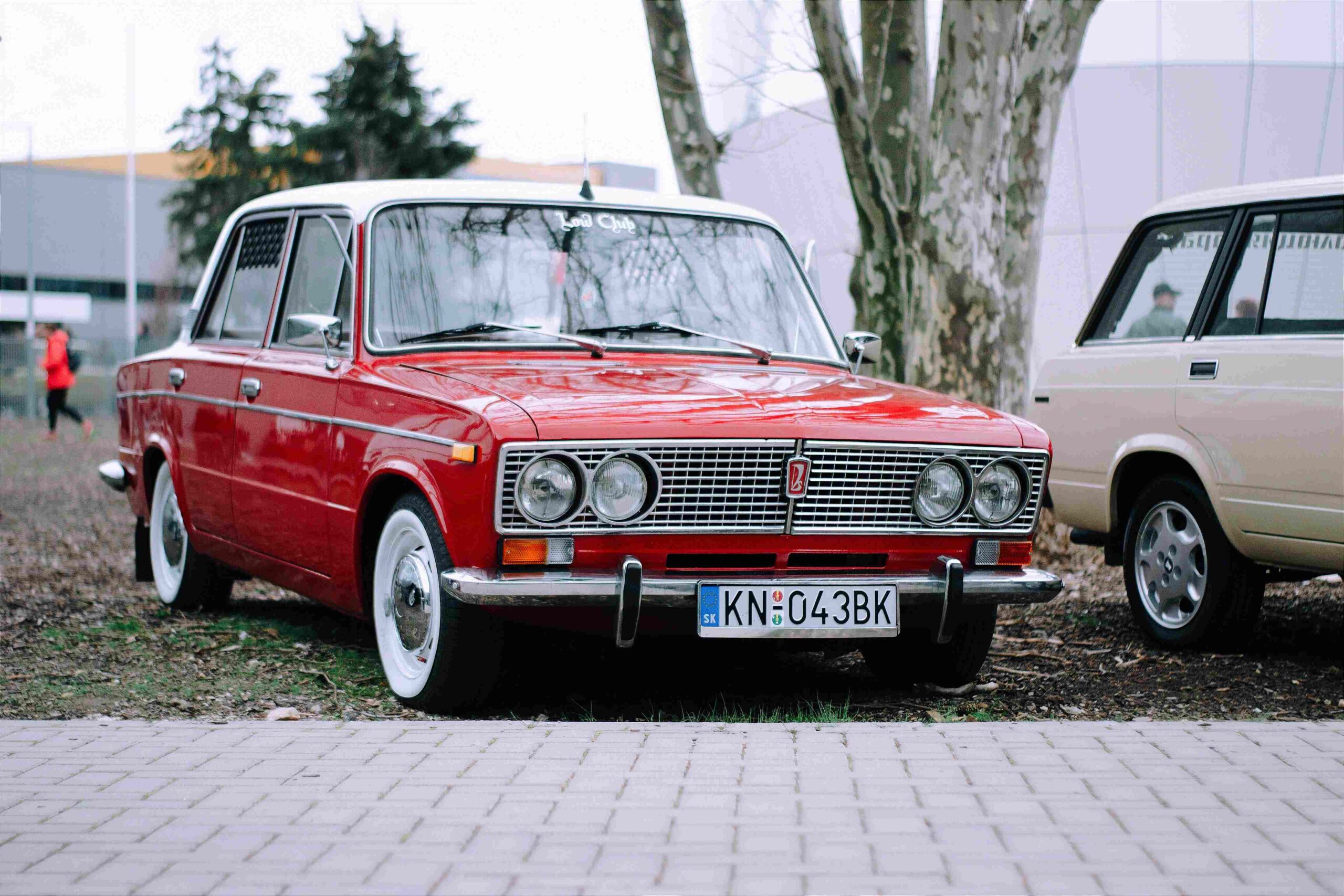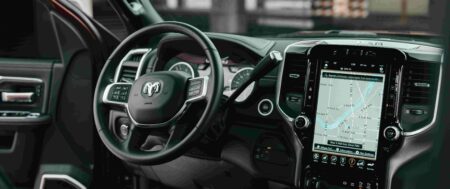What is Considered High Mileage for a Used Car?
When considering buying an older car, one of the key factors often assessed is what is considered high mileage for a used car.
Good car mileage can indicate the vehicle’s overall health, efficiency, and potential longevity as compared to low mileage. While opinions may vary, a widely accepted benchmark for good mileage on a used car is typically around 12,000 to 15,000 miles per year. This equates to roughly 100,000 to 150,000 miles over an eight- to ten-year period, assuming average driving habits. However, it’s essential to consider other factors such as maintenance history, driving conditions, and vehicle type when determining the true value and condition of a used car.
What is the Maximum Mileage you would Buy for a Used Car?
The decision of the maximum mileage one would consider when buying a used car is subjective and influenced by various factors, including personal preferences, budget constraints, intended usage, and the perceived reliability of the vehicle in question. While some may prioritize low mileage as a sign of a well-preserved and modern car, others may focus more on factors like maintenance records, vehicle history, and overall condition than just mileage alone.
For many buyers, a common guideline is to aim for an older car with a low mileage below 100,000 miles. This threshold is often associated with the belief that cars with low mileage are less prone to major mechanical issues and may have a longer lifespan. However, this rule of thumb can vary depending on the make, model, and year of the vehicle.
Modern cars are designed to last longer than their predecessors, thanks to advancements in technology and engineering. Therefore, some buyers may be comfortable considering used cars with high mileage, especially if they have been meticulously maintained and serviced regularly. For instance, a well-maintained vehicle with 150,000 miles on the odometer may still have plenty of life left if it has a documented service history and has been driven mostly on highways rather than in stop-and-go city traffic.
Moreover, the type of vehicle can also influence the maximum acceptable mileage for potential buyers. Luxury new cars and trucks often have higher mileage allowances due to their robust construction and premium components. On the other hand, certain high-performance vehicles or models known for reliability might also command higher mileage limits.
How to Choose a Good Used Car Near Villa Park?
If you want to choose a good used car near Villa Park, it involves several steps to ensure you find a reliable vehicle that meets your needs and budget. Here’s a step-by-step guide:
Set Your Budget
Determine how much you’re willing to spend on a used car, including potential additional costs like taxes, registration, and insurance.
Research
Research different makes and models to identify ones known for reliability and within your budget range. Consider factors like fuel efficiency, maintenance costs, and available features.
Check Online Listings
Utilize online platforms such as dealership websites, classified ads, and car listing websites to browse available used cars near Villa Park. Narrow down your options based on your preferences and budget.
Vehicle History Report
Obtain the vehicle identification number (VIN) of the cars you’re interested in and run a vehicle history report using services like Carfax or AutoCheck. This report can reveal crucial information about the car’s past, including accidents, ownership history, and maintenance records.
Inspect the Car
Schedule a test drive and inspection for the cars that meet your criteria. Pay attention to signs of wear and tear on mechanical components, unusual noises in the engine, and any warning lights on the dashboard. If possible, have a trusted mechanic inspect the car for potential issues with the expensive parts.
Check Maintenance Records
Ask the seller or dealership for maintenance records to ensure the car has been serviced regularly and properly maintained. This can give you confidence in the car’s overall condition and longevity.
Negotiate Price
Once you’ve found a used car you’re interested in, negotiate the price with the seller or dealership. Use your research and inspection findings to justify your offer, and aim for a fair price based on the car’s condition and market value.
Consider Financing Options
If you plan to finance the purchase, know about the financing options available to you. Compare interest rates, loan terms, and monthly payments from different lenders to find the best deal.
Finalize the Purchase
Review all necessary paperwork carefully, including the bill of sale, title transfer, and any warranty information. Ensure everything is in order before finalizing the purchase and taking possession of the car.
Complete Registration and Insurance
After purchasing the car, complete the necessary registration and insurance requirements to legally drive it on the road.
By following these steps, you can confidently choose a good used car with good working condition near Villa Park that suits your needs and budget while ensuring reliability and peace of mind.
Is it Wise to Buy a Car With High Mileage?
In most cases, it’s wise to buy a car with high mileage depending on various factors, including the vehicle’s maintenance history, overall condition, intended use, and the personal preferences of the owner.
Firstly, a thorough inspection and review of maintenance records are crucial when considering a high-mileage car. A vehicle that has been well-maintained and serviced regularly, even with high mileage, may still have plenty of life left. Conversely, a car with high mileage but a poor maintenance history could be a risky investment, potentially requiring costly repairs shortly.
Secondly, the purpose of the car plays a significant role. If you’re looking for a reliable daily driver for short commutes, high mileage might not be a concern, especially if the car has been well cared for. However, if you plan to use the car for long road trips or frequent travel, lower mileage might offer more peace of mind.
Additionally, certain makes and models are known for their durability even at higher mileage, while others may start experiencing more issues as they age. Researching the reliability and longevity of the specific make and model can help inform your decision.
Is Buying a Car With Over 100,000 Miles Bad?
Buying a car with over 100,000 miles is not inherently “bad,” but it does come with certain considerations and potential risks. While some may perceive higher mileage as a sign of wear and tear, it’s important to evaluate the specific vehicle’s condition, maintenance history, and intended use before making a decision.
Cars with over 100,000 miles may have experienced more wear on components such as the engine, transmission, suspension, and brakes. However, vehicles can still be in good condition and offer reliable performance if they have been properly maintained and serviced throughout their lifespan. Regular oil changes, fluid checks, and timely repairs can significantly prolong a car’s life, even with high mileage.
When considering a car with over 100,000 miles, it’s crucial to conduct a thorough inspection, including a test drive and review of maintenance records. This can help identify any potential issues or upcoming maintenance needs, allowing you to make an informed decision.
Additionally, the price of a car with over 100,000 miles should reflect its mileage and condition. While bad credit cars often come with a lower price tag compared to their lower-mileage counterparts, it’s essential to weigh the cost savings against potential future repair expenses.
FAQs
Is buying a car with high mileage a risky investment?
It can be, but it depends on factors like maintenance history and overall condition. A well-maintained high-mileage car can still offer reliable performance, but it’s essential to conduct thorough inspections and review maintenance records before making a decision.
How does high mileage impact the car's reliability?
High mileage can indicate wear and tear on critical components like the engine, transmission, and suspension. While some parts may require more frequent maintenance or eventual replacement, a properly maintained, high-mileage car can still provide reliable transportation.
Should I prioritize lower mileage when buying a used car?
While lower mileage is often preferred, it’s not the sole indicator of a car’s condition. Factors like maintenance history, driving habits, and vehicle type also play significant roles. A thorough inspection and review of maintenance records are crucial in determining the overall reliability of a used car, regardless of mileage.
Conclusion
If you want to determine what is considered high mileage on a used car or poorly maintained car, it is subjective and depends on many factors. While mileage above 100,000 miles may raise concerns for some buyers, it’s essential to assess each vehicle individually based on factors like maintenance history, overall condition, and intended use. A well-maintained, high-mileage car can still offer reliable performance and represent a good investment. Ultimately, conducting thorough research, conducting inspections, and considering personal preferences and budget constraints are crucial in making an informed decision when purchasing a used car, regardless of its mileage.











